Electric vehicles drive VinFast’s global venture
VinFast, a Vietnamese startup, is venturing abroad, with ambitions to become a global smart electric car producer.
Vietnam’s automobile industry remains a fledgling one after more than 30 years since the country opened its door to foreign investment.
To the government’s disappointment, its current average localization rate of passenger cars with up to nine seats is as low as 7-10%, according to data from Deputy Minister of Industry and Trade Do Thang Hai. The government target is 30-40% by 2020, 40-45% by 2025 and 50-55% by 2030.
In contrast, neighboring Thailand has proved to be an auto manufacturing hub of Southeast Asia, with a developed supporting industry. Largely fueled by domestic demand, Indonesia has recently geared up to be a challenge to Thailand’s dominant position.
Vietnam is hoping to add its name to the global and regional auto industry map on the rise of VinFast, an electric car start-up under Vingroup, the country’s largest listed conglomerate by market cap.
Within two years since the debut of its 335 hectare auto manufacturing complex in northern Vietnam, VinFast has become a key player in Vietnam’s auto industry, traditionally dominated by foreign-invested joint ventures. The Vietnamese car maker is now venturing abroad, with ambitions to become a global smart electric car producer.
The company’s major events like the debut of its five electric models at CES 2022, the world’s largest tech trade show, made foreign media headlines, from Reuters, Bloomberg and Forbes to Nikkei and Financial Times.
Vingroup’s electric vehicle (EV) ambitions are derived from its Chairman Pham Nhat Vuong’s desire to build a world-recognized brand. “We have tried some business fields and recognize that only VinFast and its electric cars could offer us the chance to achieve this, though that’s not easy.”
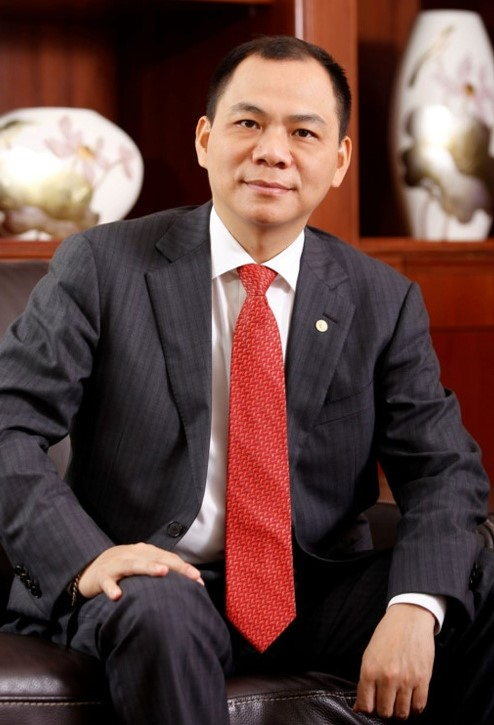
Empty
From the onset, we know the future belongs to electric vehicles. And this is the time to decisively make the choice, instead of half gasoline half electric.
Pham Nhat Vuong
Car maker of multiple records
VinFast debuted its auto manufacturing complex in June 2019, 21 months after the project broke ground, a record deployment speed for an automobile factory globally.
In the middle of a vast swamp that had stayed wild for many centuries on the outskirts of Hai Phong city, the complex arose like a lotus. People described it as a “national pride” and a symbol of the convergence of aspirations and will of Vietnamese people on their path towards industrialization and modernization.
James De Luca, the then General Director of VinFast, said: “It took VinFast only 21 months to do the job that most other car factories in the world need from 36 to 60 months.” Luca was previously a Senior Vice President in charge of global production at General Motors.
For the first time ever, Vietnam has had such a world-class, modern and large-scale car factory. It is the country’s first car maker with a complete production cycle from a system of six synchronous factories that are among the world’s most automated. VinFast is the only automobile factory in Vietnam that has mastered the core stages of production and is capable of self-manufacturing the main components of an automobile.
Vingroup has invested over $5.4 billion in VinFast, according to an article by Forbes in early January.
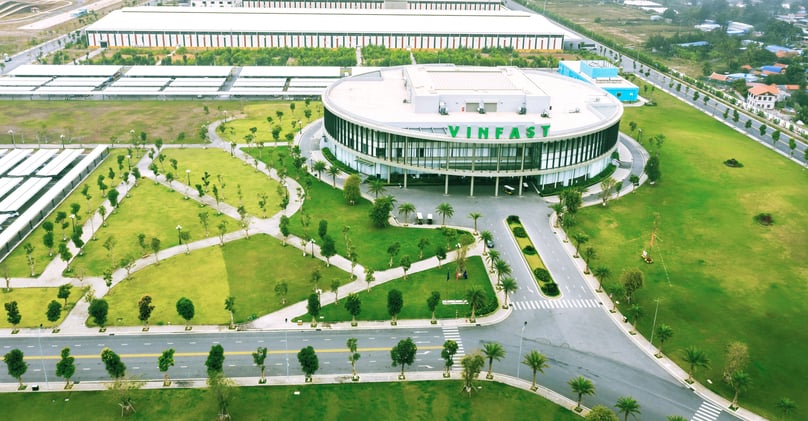
VinFast auto manufacturing complex in Hai Phong city, northern Vietnam. Photo courtesy of VinFast.
If the rocket speed in building the factory was a miracle in the auto market, VinFast was not done. Just 11 months after the factory project broke the ground, VinFast announced two gasoline-powered car models it had developed.
Drivers bought more than 35,723 VinFast vehicles in 2021, equivalent to over 11.7% of the total sales of passenger vehicles among Vietnam Automobile Manufacturers’ Association members over the period.
One year after its factory debut in Haiphong, in June 2020, VinFast opened an office in Melbourne, Australia and acquired the world’s leading test track in Lang Lang, the Australian state of Victoria.
In July 2021, the company officially kick-started its branches in the U.S., Canada, France, Germany and the Netherlands in preparation for its launch in those markets.
In early December the same year, VinFast said it wants to motor towards a U.S. listing in the second half of 2022, eyeing a $60 billion valuation, which Refinitiv publication IFR said could raise up to $3 billion.
In the same month, Vingroup said it had set up a Singapore-based holding company owning a stake in VinFast’s operations in Vietnam to prepare for its U.S. IPO. The Vietnamese group is a major shareholder of VinFast Singapore.
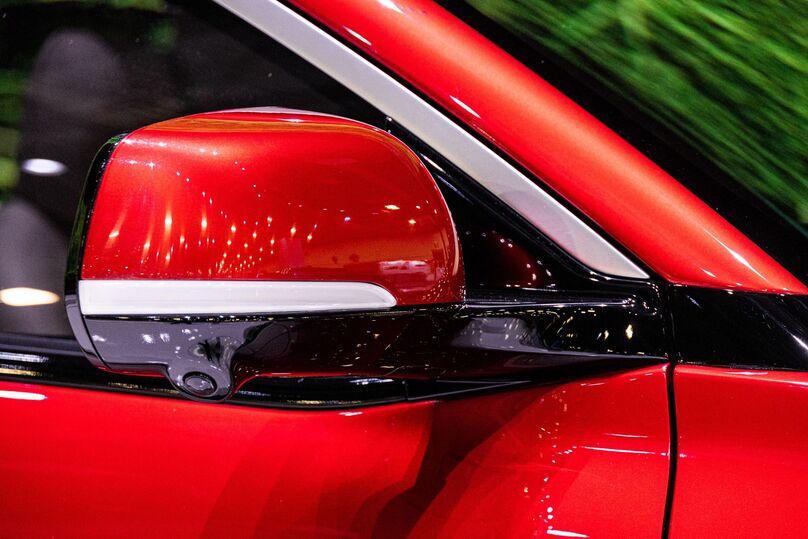
VinFast is Vietnam's first fully fledged domestic carmaker. Photo courtesy of Vingroup.
Vuong said “to do faster” is a “know-how” of Vingroup. The conglomerate has done faster by employing prominent experts from worldwide for important positions and partnering with tens of top technology companies.
At the initial stage of building and operating its factory, it had James Deluca, former Executive Vice President of global manufacturing operations of General Motors, as its CEO and David Lyon, former Chief Design Officer of General Motors Asia Pacific, as its Design Director.
When the company moved on to the new stage of going global, especially reaching out to large markets such as North America and Europe, VinFast appointed Michael Lohscheller, former America Executive Vice President of Volkswagen Group and General Manager of Opel Global, as CEO of VinFast Global.
The company’s strategic partners are leading names in the automobile and technology industries, including Pininfarina, ZF, Durr, Bosch, ABB, Faurecia, Dassault and Google.
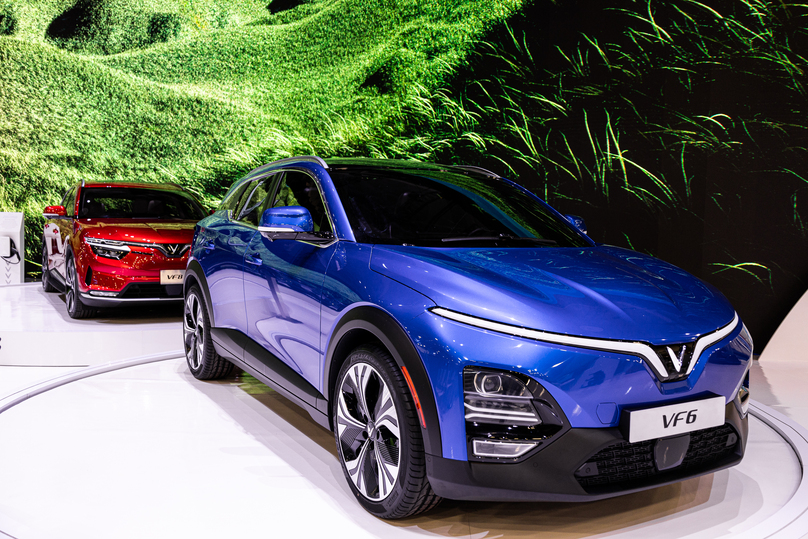
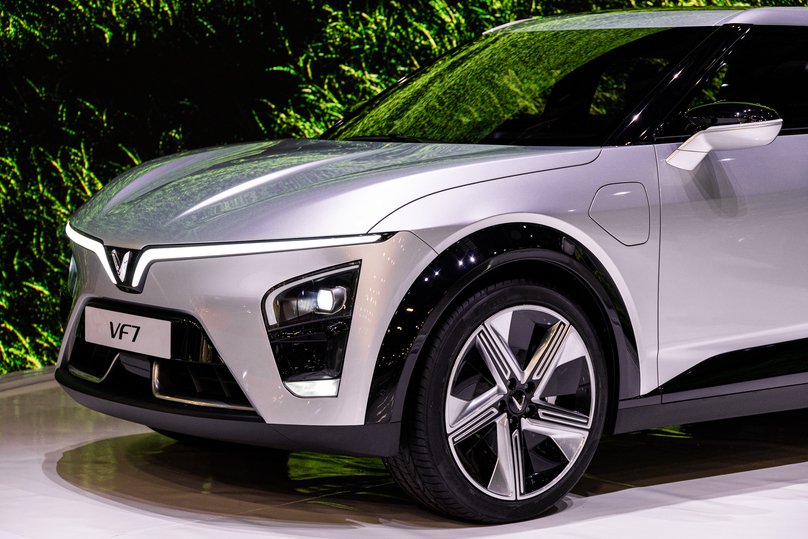
EV strategy to go global
Vingroup is known for quick decisions and quick actions, including scrapping inefficient business lines, like making smart phones.
Still, it surprised many people when announcing at the CES 2022 in early January that it would stop producing vehicles with internal combustion engines by the end of 2022 as it goes all-electric. That is only two and a half years after the first cars rolled off the company’s assembly lines.
But VinFast’s strategic orientation from the outset has actually been to make EVs, with gasoline-fueled vehicles a mere steppingstone.
“From the onset, we knew the future belongs to electric vehicles. And this is the time to make the decisive choice, instead of going half gasoline, half electric,” Vuong told media.
He said he expected VinFast to incur losses in the first five years, which means the firm could make profit after the next two and a half years. “But profits will only come from foreign markets. The Vietnamese market will bear losses for longer as costs for investing in infrastructure for electric cars are factored in.”
Le Thu Thuy, Vice Chairwoman of Vingroup, said VinFast will focus exclusively on EVs because it presents the company a big opportunity in a nascent market. Thuy was appointed CEO of VinFast Global in late December, replacing Michael Lohscheller, former Volkswagen veteran.
VinFast certainly must encounter an ocean of competition from legacy giants like Toyota, Mercedes and Ford in combustion engine technology. But with global EV development in its early stages, there is space for breakthroughs among new brands. Moreover, EVs are a future trend that cannot be reversed as the world moves toward net-zero emission levels.
Last December, VinFast embarked on constructing the VinES battery manufacturing factory in Vung Ang Economic Zone of Ha Tinh province, central Vietnam.
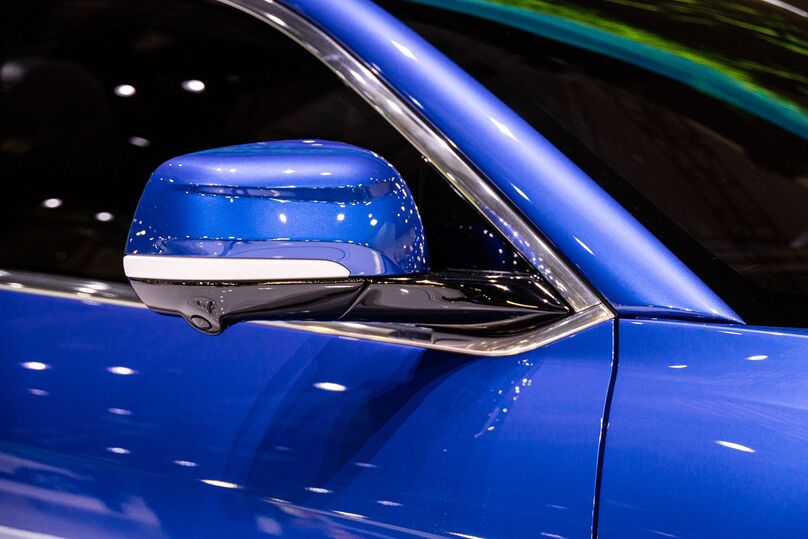
VinFast, a Singapore-incorporated subsidiary of Vingroup, in late March filed for an IPO in the U.S.
VinFast and the government of North Carolina, the U.S in late March signed a memorandum of understanding for the establishment of VinFast’s $4 billion manufacturing plant. Construction for the $2 billion phase 1 will start this year after a construction permit is granted, and production, with an annual capacity of 150,000 vehicles, is expected to start in July 2024.
VinFast will continue to invest in future phases. Products include the VinFast VF 9 - a seven-passenger all-electric Sport Utility Vehicle (SUV) and the VinFast VF 8 - a five-passenger, all-electric mid-size SUV.
The company is also looking at five sites in Germany for an EV factory that would open after the U.S. complex is operational, Thuy added.
VinFast, a Singapore-incorporated subsidiary of Vietnam's Vingroup, filed for an IPO in the U.S. on April 7.
The auto maker began sales of its electric cars in Vietnam last December, becoming the first major domestic car company to sell electric cars in the country. By January, VinFast had 40,000 charging points, which will climb to 150,000 by the end of 2022, Vuong said.
The company plans deliveries of EVs in California, Canada, France, Germany and the Netherlands at the end of 2022, with Southeast Asia possibly a destination in the future.
Vingroup told Reuters it was targeting global EV sales of 42,000 units in 2022, up from its previous plan of 15,000.
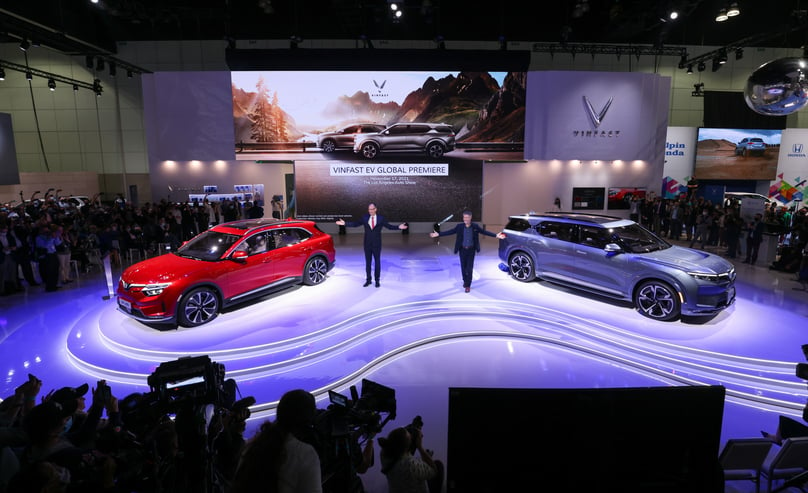
VinFast EV global premiere at the Los Angeles Auto Show, November 17, 2021. Photo courtesy of the company.
Competition heating up
VinFast is entering the EV market at a time when the number of competitors is rapidly expanding. International automakers are making major investments in EVs, aiming to bring their share of total new car sales to dominant levels by the end of the decade. Heavyweights like Mercedes, Ford and General Motors are transforming themselves to produce EVs and EV batteries in Europe and the U.S.
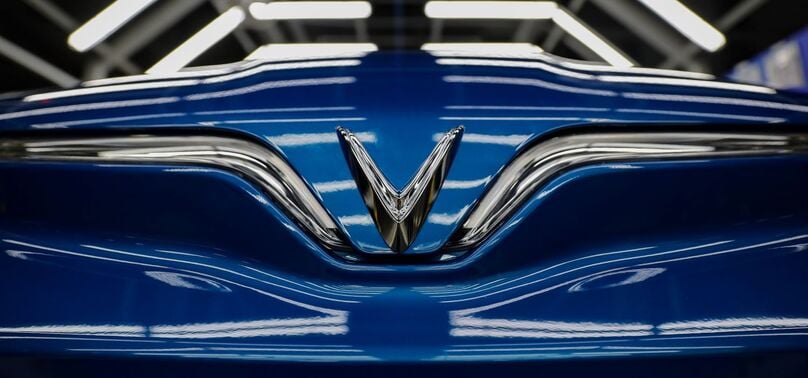
Logo of VinFast on an EV model. Photo courtesy of the company.
VinFast will struggle to compete with these significant headwinds in the U.S. and Europe. In Southeast Asia, the company will also face big challenges if it seeks to spread its wings here.
China, a powerhouse in EVs, is exporting to Thailand, Southeast Asia’s auto manufacturing hub. Thailand has set a target of EVs accounting for 30 percent of production by 2030. Mercedes-Benz will become the first major automaker to make EVs in Thailand, this year. The company opened a battery factory in the country in 2019.
Japan’s Mitsubishi Motors and China’s SAIC Motor plan to start EV production in Thailand in 2023, while a joint venture between the state-run energy group Thailand PTT and Hon Hai Precision Industry (Foxconn) of Taiwan is slated to commence in 2024.
Bumps along the road are obvious, but there is hope for VinFast to join the race, given its solid will and fast decision making capacity.
At the CES 2022 in January, VinFast officially launched a range of fully electric vehicles: three models debuted in the A-B-C segments, namely VF 5 (segment A), VF 6 (segment B) and VF 7 (segment C); and two models VF e35 and VF e36 in the D and E segments, which were introduced at 2021 LA Auto Show and renamed VF 8 and VF 9. All five EV models were designed by world-renowned Italian design firms, Pininfarina and Torino Design.
The VF 8 and VF 9 models will be equipped with level 2+ autonomous driving features for the Eco and Plus versions and levels 3-4 for Premium versions. These models will also have smart features, including Smart Home, Mobile Office, In-car Shopping, In-car Entertainment, and many other convenient, advanced features that create an exhilarating experience. VinFast is the first electric car company to apply blockchain technology to receive orders and confirm ownership.
Established in 1993, Vingroup, which holds a 51.5% stake in VinFast, is one of the leading private conglomerates in Southeast Asia. Its core businesses are electric cars, real estate development (residential complexes, resorts and retail space), technology research (cloud computing, AI, big data...), education and medical care.
Pham Nhat Vuong, its Chairman, is the wealthiest entrepreneur in Vietnam by stock market assets - with a net worth of $7.3 billion, according to Forbes’ World’s Billionaires list last year.




